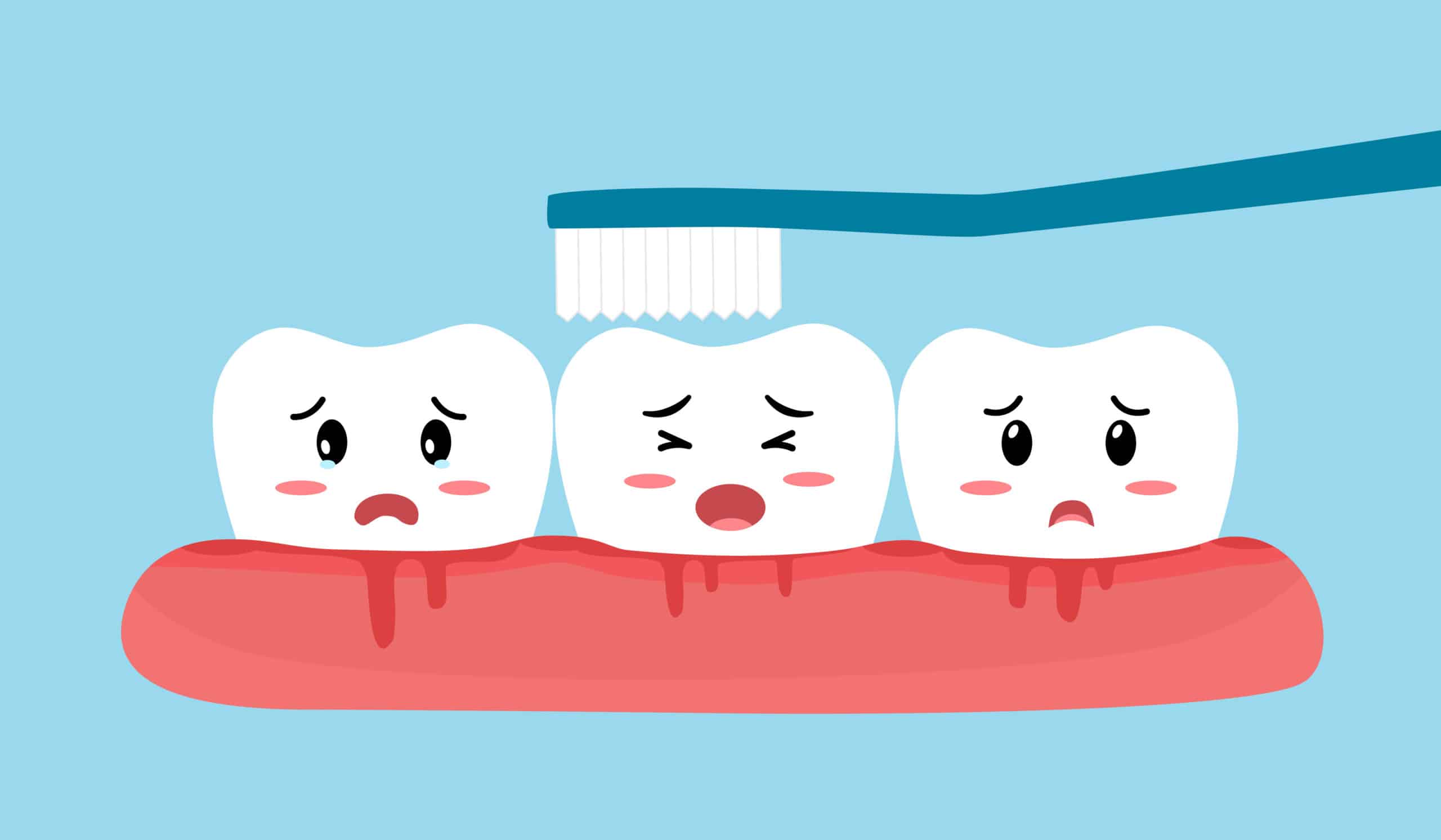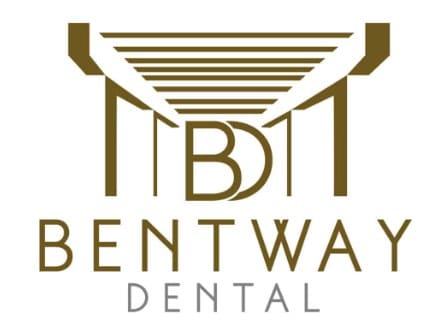Is It Normal for Gums to Bleed?
Gums should not bleed when you are brushing or flossing. Healthy gums are firm, pink, and bleed zero. If your gums bleed, particularly during brushing, it is almost certainly gum inflammation caused by plaque irritation, improper brushing, or the early stage of gum disease, which is referred to as gingivitis. The good news is that gum bleeding is fixable and can be managed with effective and professional dental care.
Common Causes of Bleeding Gums
Plaque and Tartar Buildup
When plaque, which is a sticky film of bacteria, is not adequately removed during daily flossing and brushing, it hardens to become tartar. Tartar also negatively affects the gums, which will result in the inflammation and bleeding. After tartar formation, the only way to get rid of it is through professional dental cleaning.
Gingivitis (Early Gum Disease)
The initial sign of gum disease is bleeding gums. Gingivitis is the inflammation of the gums due to bacteria colonizing the gums. If gingivitis is not treated, it will develop into periodontitis, which is an infection of the bone that supports your teeth and is considered to be the more advanced stage of gum disease.
Brushing Too Hard
Your gums may not be the problem; rather, it may be your technique. When people aggressively brush the gums or use a hard-bristled toothbrush, the gums can be damaged and cause them to bleed. Soft-bristled toothbrushes are the best to use.
Inconsistent Flossing
Gums bleeding for the first few days is normal when you start flossing again after a long time. The bleeding will stop with the continuation of flossing as the gums will be healthier and stronger.
Hormonal Changes
Hormonal changes cause increased gum sensitivity and may cause bleeding. Pregnancy, puberty, and menopause states are when greater gum care and more frequent dental visits are needed.
Medical Conditions or Medications
Gums are more likely to bleed when a person with diabetes takes blood thinners. Always inform your dentist about your medical history and any medications you are taking, so they can better help you.
What You Can Do at Home
- Use a soft-bristled toothbrush and fluoride toothpaste to brush your teeth at least twice a day.
- Remove plaque between your teeth with gentle flossing once a day.
- Reduce swelling and pain by rinsing with warm salt water.
- Support your gums with a Vitamin C and K rich diet.
- Delay healing and increase gum pain with tobacco use.
Restoring gum health may require persistence with at home care, but if it has been a week or longer, a dental visit is appropriate.
When to See a Dentist
It may be time to see a professional if your gums bleed regularly when brushing or flossing. Other signs include swelling or puffiness of the gums. Watch for a constant bad odor, raw and tender gums, gum recession, or new pockets around your teeth.
For long term results, schedule your Toronto dental exam as soon as you can. This will help you avoid the progression of gum disease.
Bleeding Gums and Other Professional Treatments
Dentists provide professional teeth cleanings to help your gums heal. This prevents inflammation from returning by removing plaque and tartar that you can’t get with your home care routine.
Scaling and Root Planing
In cases of more severe gum disease, dentists perform scaling and planing — a procedure that deeply cleans teeth and root, and allows gums to reattach to teeth more easily.
Antibacterial Treatments
Antibacterial treatments, like rinses and mouthwash, are used to help control the infection and promote healing. Infection control, including a medicated mouthwash, is part of most treatment plans.
Ongoing Maintenance
In order to prevent gum problems from reoccurring, you must schedule regular follow-up care that includes checkups and professional cleaning every six months.
Gum Health and Your Overall Wellness
There are serious problems that can arise in other parts of your body with poor gum health. Uncontrolled gum inflammation can lead to heart disease, diabetes, and lung inflammation and infection.
Restore Healthy, Strong Gums
Bleeding gums are a warning sign and should not be ignored. Our team in Toronto will help you with all your gum needs. Keeping inflammation down and inflammation and bleeding control will help you recover quickly. Preventative care keeps your gums disease free, and your smile healthy.



